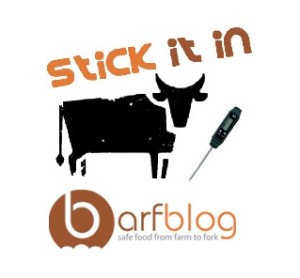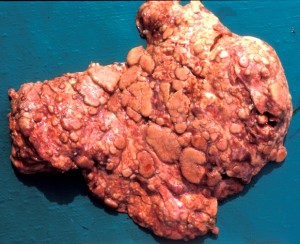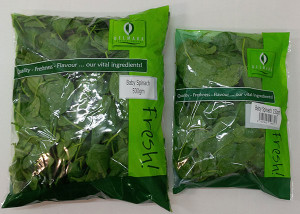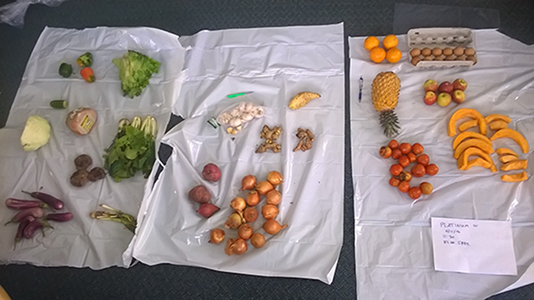Public health researcher Michael Baker said the illness was an epidemic here but it would be easy to fix.
 The University of Otago professor wants to see a lower allowable limit for Campylobacter contamination on poultry. He also wants data to be published showing which companies have the best and worst rates of contamination and better warning labels on packaging.
The University of Otago professor wants to see a lower allowable limit for Campylobacter contamination on poultry. He also wants data to be published showing which companies have the best and worst rates of contamination and better warning labels on packaging.
Prof Baker said that would lower the high rates of infection in New Zealand.
But a government spokesman claimed the current food safety system was robust, and did protect people from hazards like campylobacter.
Ministry for Primary Industries (MPI) deputy director-general Scott Gallagher said the ministry was not considering any further measures.
Last year about 6,800 people got sick with campylobacter, with poultry to blame in half those cases, official figures showed.
But Prof Baker believed the number was much higher. More than 30,000 people each year get ill from eating chicken, he said.
“Our current campylobacter epidemic from fresh poultry is the biggest food safety problem in New Zealand.”
The Poultry Industry Association is backing Prof Baker’s calls for changes to the way chicken is prepared for sale, and a spokesman said the industry was working hard to lower the rates of contamination and infection.
Lowering the regulatory limit for campylobacter on fresh poultry was a good idea, the association’s executive director Michael Brooks said, and the association has proposed a new limit to MPI.
 However, Mr Brooks said he did not support Prof Baker’s call for naming companies that have the best and worst rates of contamination.
However, Mr Brooks said he did not support Prof Baker’s call for naming companies that have the best and worst rates of contamination.
But Mr Brooks said those measures only worked if there were also good food safety practices in people’s homes, such as careful preparation and proper cooking.
Caterer and chef Ruth Pretty recommended using a thermometer to guage the correct cooking temperature of the poultry.
“People worry, they don’t want to overcook it but they… (worry they’ve undercooked it) and they do that thing, you take it out of the oven or off the BBQ and you think, ‘is it cooked, isn’t it cooked, are the juices running clear’ and all that,” Ms Pretty said.
“But if you have a thermometer – you don’t have to have a fancy thermometer, it (can be) any thermometer – that you can insert into the cooked product.”
“Once you get (into) a system like that – which is how all chefs actually work – you’ll be fine, you’re always going to have your chicken cooked.”
 Fishery Officers responded to the call and met the men as they came ashore with their vessel. The group had a total of 2,683 mussels between three of them.
Fishery Officers responded to the call and met the men as they came ashore with their vessel. The group had a total of 2,683 mussels between three of them.








